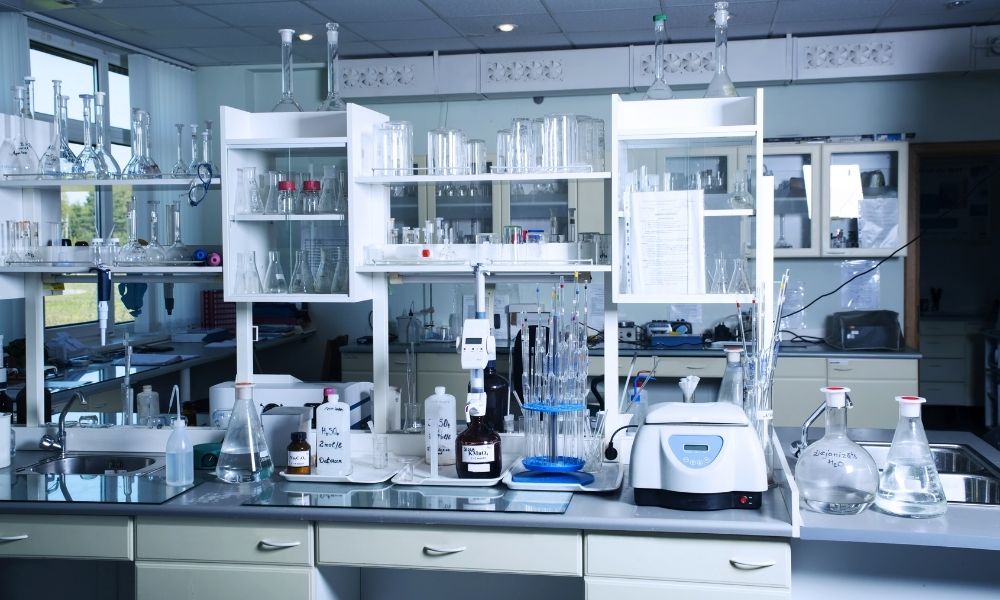Essential Equipment Every Laboratory Must Have

Whether you’re creating a new laboratory from scratch or renovating an existing one, you must outfit your lab with the proper equipment. The right equipment will make everything easier, from measuring and pouring to post-experiment observation. While the purpose of each lab varies (thus impacting what equipment you need), there’s a list of standard equipment that every lab should possess. To remove the guesswork for you, we’ve outlined essential equipment every laboratory must have.
Funnels and Bottles
If technicians, scientists, and supervisors must work on experiments that involve liquids, they must have funnels and bottles in their laboratories. If your lab is old and outdated, it’s beneficial for everyone involved to replace old, cloudy, or broken funnels and bottles with crisp and clean new ones. Depending on your experiments’ needs, you can obtain these lab essentials in plastic or glass.
Custom Covers and Housings
Covers and housings protect computers and other laboratory equipment from spills, debris, and other hazards. Because manufacturers fabricate these covers and housings using reaction-injection molding, they tend to be sleek, durable, and sterile. Their durability and cleanliness come from an encapsulating process, which leaves fewer gaps and room for debris to seep into equipment.
Beakers and Flasks
Beakers and flasks are also part of the essential equipment every laboratory must have. Beakers are critical for mixing, dissolving, heating, and cooling chemicals and solutions. Because they’re available in a range of shapes and sizes, these components are ideal for countless experiments and repeated daily use.
When an experiment calls for stirring or shaking, conical flasks are the go-to option because they prevent spills. Technicians can simply plug the flasks with glass or rubber stoppers and mix liquids without any stress (or safety hazards). Flasks can even serve to contain solutions that undergo heating when clamped to a ring stand.
Test Tubes
Test tubes are another lab essential and are non-reactive. This means that scientists and technicians can conduct experiments that require a chemical reaction without risking their personal safety. Test tubes can also hold samples.
Burettes and Pipettes
When technicians and scientists need to dispense a precise amount of liquid, they rely on burettes and pipettes. Pipettes tend to be smaller than burettes and function similarly to droppers. Both devices are very thin tubes, most often made from glass.
Lab Burners
Heating, melting, boiling, and burning are all processes many experiments require on a day-to-day basis. Laboratories should have numerous burners to conduct experiments accordingly. Depending on the best method for the lab, propane, butane, or alcohol can power burners.




